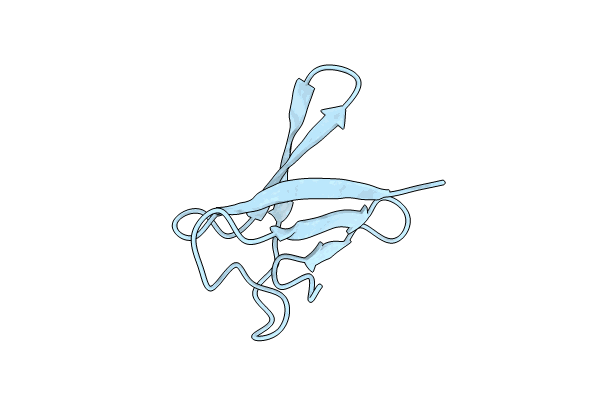
Deposition Date
2024-06-20
Release Date
2024-07-10
Last Version Date
2025-05-21
Entry Detail
Biological Source:
Source Organism(s):
Penicillium chrysogenum (Taxon ID: 5076)
Expression System(s):
Method Details:
Experimental Method:
Resolution:
1.78 Å
R-Value Free:
0.21
R-Value Work:
0.17
R-Value Observed:
0.17
Space Group:
H 3


